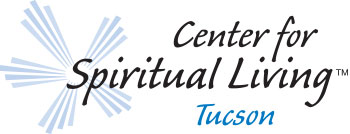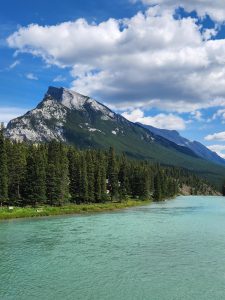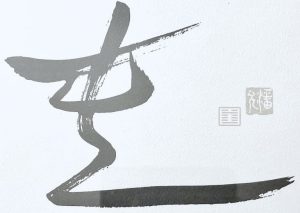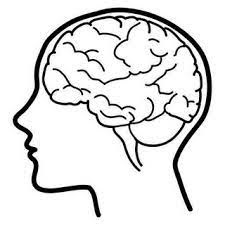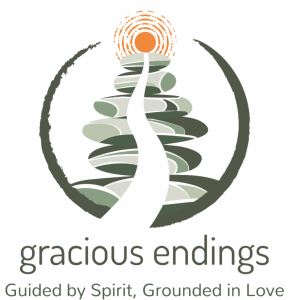NOW IS THE TIME Mariann Moery
“They” say it always comes to this….if you don’t practice stillness when times are good that when you really need the strength and calm of it – you’re starting if not from ‘scratch’then certainly without all the ‘ingredients’ you need.
So here we are – and it doesn’t matter where you stand politically or other – the times are filled with events that whipsaw us from one mental state to another with daily headlines and postings.
Letting go of personal, individual knowing what’s right, and just stopping for a few minutes to breathe and letting mind and body rest. That’s where it is for me at this point in my individual space/time continuum.
There are I’m sure thousands of “ways” to meditate – the only thing that’s important is the actual stopping to give yourself a chance to simply be. Minds wander and egos distract and to do lists pull attention. It’s okay. Really.
I have it from Pema Chodron who on a three year (!) meditation retreat wrote how easily and often she was distracted. Granted she’s probably better at returning to place than I am, but still – it happens — to her. Stop using it as the excuse that you just can’t.
Not to say that being easily distracted is not a thing – because it is. Mike Manson, incredible life coach/teacher admits to doing Sudoku in meetings to occupy just enough of his brain to enable him to sit through and be present. Personal truth: I frequently do stupidly complex doodles during meetings for the same reason. So …
There are ways to increase your presence through some activity – journaling with an open mind to what flows from your pen, listening to certain kinds of music – R Carlos Nakai works for me – literally walking with intention. If sitting in the traditional posture doesn’t work for you, then don’t try for it.
Teachers are legion and some are legendary. Sharon Salzburg, Jack Kornfield, Jon KabatZinn, CSL’s Rev. Dr. Edward, Henry Shukman, Pema. Insight Timer is an app many use as it includes hundreds of guided meditations and a wide choice of soundtracks.
All that really matters is that we stop as best we can and let the outside subside to as dull a roar as we can – and that does get better with practice. Can’t be said enough, it is a practice.
An amazing yoga instructor once told me when I was in a personal world of hurt: It doesn’t matter if you do the poses – just get your butt on the mat for a bit. That will help. And it did.
So have a seat and just breathe.
Holding peace, calm and ease for all of us through this time and beyond.
–Mariann
